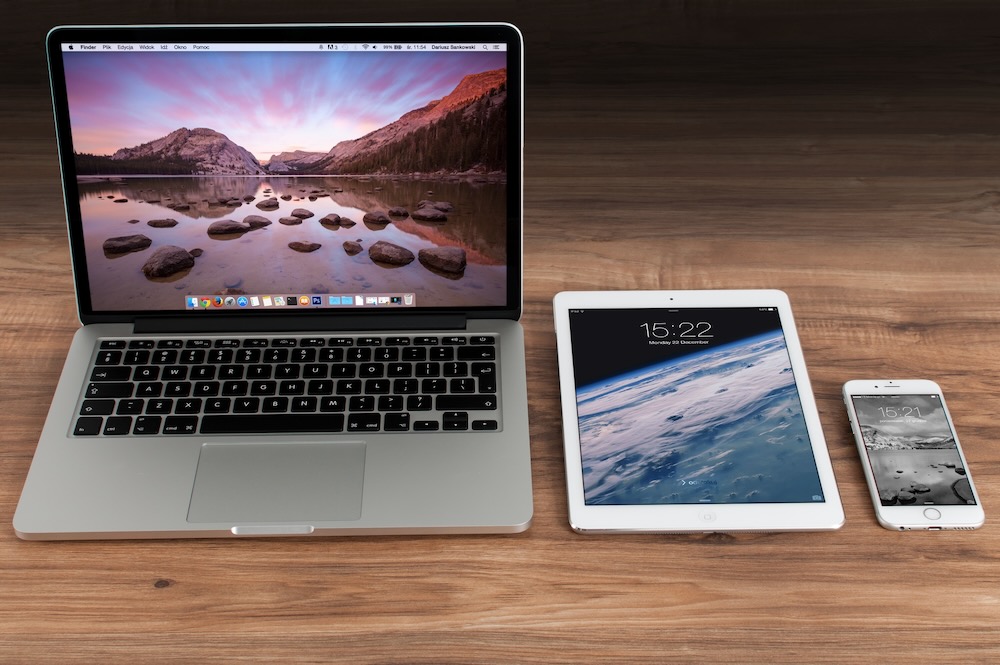by Dr. Michele Leno
Let’s face it — most of us are addicted to technology and know we are, but these tools are also integral to contemporary life. That’s why it’s important to manage our relationship with glowing screens in healthy ways.
The good news is that you can reclaim your power over your electronic devices by taking a few simple steps. Below are my top tips for a digital detox.

Don’t watch TV on your phone
I’m not going to tell you to stop watching television, but I am going to tell you to change how you watch it. Constantly looking down at your phone places tremendous stress on the body.
According to the University of Texas Southwestern Medical Center, “The typical adult head weighs 10-12 pounds, but bending it forward at a 45-degree angle — not unusual when looking at a cellphone — increases the amount of force on the neck to nearly 50 pounds.” There’s even a special name for the aches and pains that can develop as a result: Tech Neck.
In addition, a recent meta-analysis suggests these musculoskeletal problems can have a negative impact on mental health, leading to anxiety, depression, and mood disturbances, among other things. That’s why, when you want to watch a movie or TV show, it’s best to use an actual TV. This setup will enable you to sit back and relax in a comfortable chair or couch, ensuring that you aren’t straining your neck.
Be intentional about your screentime
Have you ever reached for your phone with a specific question or task in mind only to discover that you’re still scrolling 10 minutes later? Many people wind up spending more time on their phones than they intended.
That’s why it’s helpful to set limits on how long you want to be on a given electronic device. By setting starting and ending points, you can be intentional about your usage of technology, which will reduce passive engagement.
In particular, I recommend staying away from screens while eating. While distracted, you can miss your body’s signal that you’re full and overeat. You also won’t taste what you’re eating, which diminishes pleasure. Watching television at mealtimes has been associated with greater weight, and studies even show your metabolism slows down while watching it.
Walk away from online conflict
We’ve all gotten into arguments on social media, so by now, we all understand why they’re a bad idea. If you’re ever tempted to engage, remember it’s best to steer clear of these fights for your own peace of mind.
To do this, become aware of your triggers. When you find your temperature rising in response to a post, take a second look at the subject matter. Note why it upset you and keep that in mind for the future.
Moreover, if you find yourself getting triggered on social media, it’s better to log off than to take the bait. Call upon your favorite self-care practices to calm down.
Take a breather
People love their electronic devices and often turn to them to relax, yet studies show they actually make us feel overwhelmed, fatigued and anxious. Constant exposure to screens has even been linked to depression and suicidal tendencies. We do not often attribute these mental health issues to our usage of technology, however.
Even when engaging in tech activities that make you happy, therefore, it’s important to take breaks. Get up and go for a walk. Even just going outside for as little as five minutes can help reset your brainwaves and recover.
Be present
Going to dinner with a date or friends? Take your pictures and selfies, and then put your phone away. The point of socializing in person is to interact with your company, not the virtual audience.
In addition, by focusing on the people in front of you, you can connect with them better and improve your relationships.
Turn cameras off
While video conferencing platforms like Zoom and FaceTime seem to open magic portals to distant places, they can also be hard on our eyes due to exposure to blue light.
These interactions also drain the brain. According to an article in Psychology Today, “Our brains do not perceive video conversations as normal. And the mental energy it takes to pretend we’re having a normal conversation exhausts our brains and negatively impacts our mental health.”
That’s why it’s a good idea to consider turning the cameras off and only using audio on these calls.
Protect your wellbeing
Your wellbeing is your most valuable possession, so don’t let technology degrade it. By approaching your phone and other electronic devices with intention and setting appropriate boundaries, you can stop pixels from hijacking your brain and with it, your future.
~ ~ ~ ~ ~
— Dr. Michele Leno is a licensed psychologist, founder of DML Psychological Services, and host of the TV talk show “Mind Matters with Dr. Michele” on CW50. In her many years of experience, she has worked with clients of all ages and backgrounds, including children, adolescents, adults, athletes, and various professionals. She has been featured in news outlets including WBRC Fox 6 News, Women’s Health, and Legal Reader.




